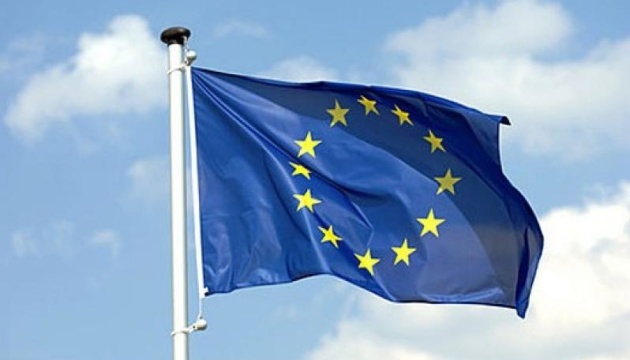
The Center for Strategic Communication and Information Security pursues efforts to provide a brief explanation to foreign audiences on the current topics of particular interest as regards Ukraine.
DEEPENING COOPERATION BETWEEN UKRAINE AND SOUTH KOREA
Kyiv will initiate deeper cooperation with Seoul to counter the common threat posed by Russia and North Korea.
● The military alliance between Moscow and Pyongyang has become a common challenge for Ukraine and the entire world, particularly for South Korea.
● Kyiv assesses the response of its allies to North Korea’s involvement in the war against Ukraine as insufficient and is seeking ways to strengthen international resistance to the alliance between the two dictators.
● In the coming days, South Korea will send an analytical group to Ukraine to exchange data regarding North Korean troops.
● Kyiv will appeal to Seoul with a request to supply weapons, including artillery shells, air defence systems, etc.
● South Korea is one of the largest arms exporters in the world. They previously provided Ukraine exclusively with financial, medical, and humanitarian aid.
STRENGTHENING THE FIGHT AGAINST DISINFORMATION
On October 31, Minister of Culture and Strategic Communications Mykola Tochytskyi met with the Permanent Representative of the United Nations Development Programme in Ukraine, Jaco Cilliers.
● The key areas of cooperation between the Ministry of Culture and Strategic Communications of Ukraine and the UNDP include countering disinformation, enhancing media literacy among the population, and promoting media accessibility.
● Ukraine is an example of the combined efforts of the state and civil society in the fight against Russian propaganda and disinformation.
● Countering disinformation will be the first step in Ukraine’s Internal Action Plan, which is being developed based on the instructions of the President.
● Russia’s increased spending on propaganda requires greater international cooperation to counter disinformation.
DAY OF THE EU FOUNDATION
On 1 November 1993, the Maastricht Treaty came into force, introducing the name “European Union” and defining the main goals and foundations of the association.
● Ukraine’s aspirations to join the EU are based on Ukraine’s profound historical commonality with Europe.
● The course towards European integration enshrined in Ukraine’s Constitution in 2019 reflects the will of the majority of society. Today, in a hypothetical referendum, 88% of Ukrainians would vote to join the EU.
● Ukraine has demonstrated its commitment to European integration during the Orange Revolution and the Revolution of Dignity and its armed resistance to Russia and the “Russian World”.
● This year’s report by the European Commission showed that there are no obstacles to opening clusters of negotiations on Ukraine’s accession to the EU.
● By resisting the aggressor, Ukraine is already standing guard over Europe’s borders and has the potential to make an even more significant contribution to the security of the EU in the future.



